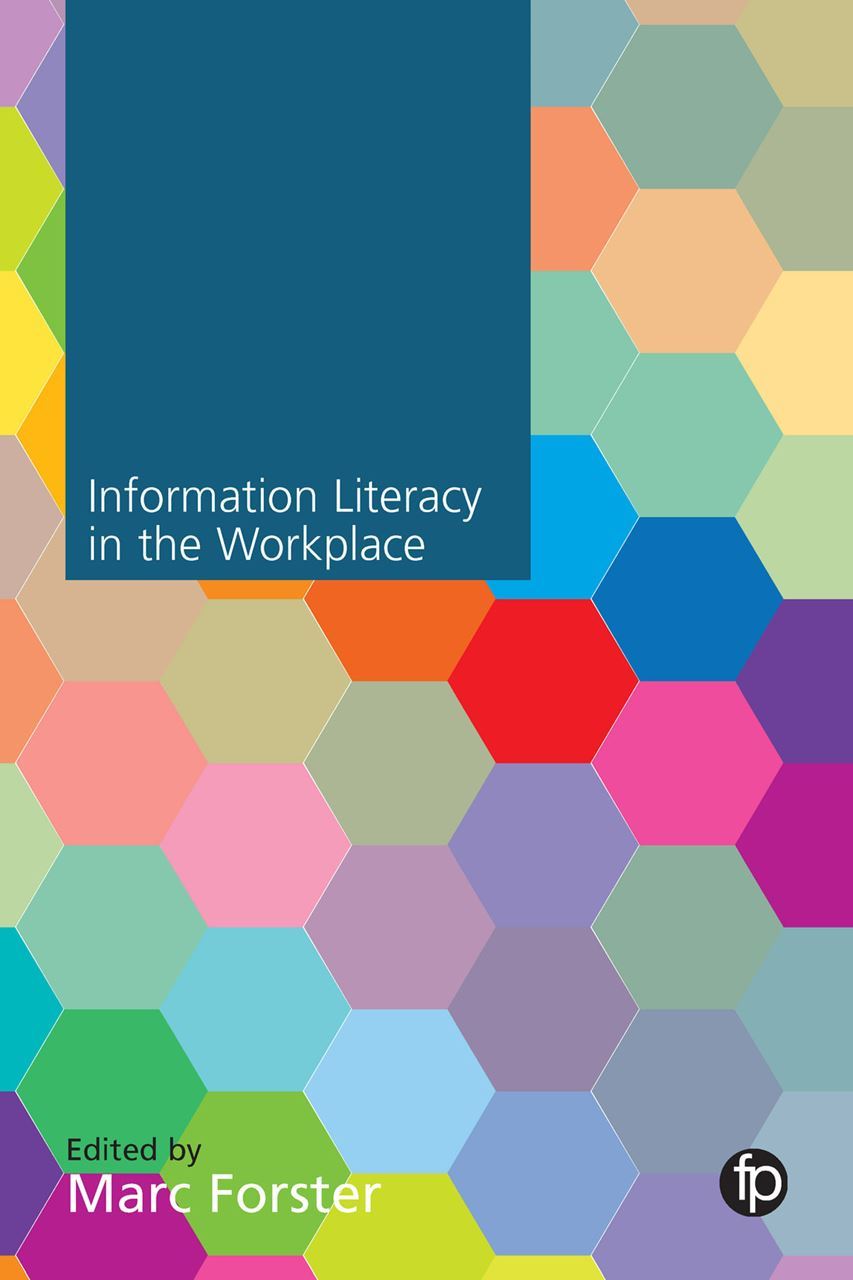Publication Details
| OLOR Series: | ROLE Reviews |
| Author(s): | Joni Boone |
| Original Publication Date: | 15 March 2019 |
| Permalink: |
<gsole.org/olor/rolereviews/2019vol2no1.rev4> |
Publication Note
This review was originally published in Research in Online Literacy, vol. 2, no. 1 (2019).
Resource Overview
Media, Figures, Tables |
Resource Contents
Review of Information Literacy in the Workplace: New Perspectives
In the academic world, information literacy (IL) is a key component to success in the classroom. Programs provide IL training to prepare students to explore their academic disciplines and eventually contribute to them through research and writing. Do these IL skills that are honed in the classroom transfer easily to the professional world? That is the essential question explored in Information Literacy in the Workplace.
This book attempts to help educators understand the IL needs of those in the workplace. Exploring current IL educational objectives and strategies, the authors determine that the needs of those in the workplace do differ from the needs of those in higher education where the objectives of IL pedagogy and the academic language associated with IL concepts may not be relevant in professional contexts.
Editor and contributor Marc Foster introduces a study of IL in the nursing profession in Chapter 2, “How is Information Literacy Experienced,” and this study is referred to throughout the book. The study breaks down how and why nurses learn on the job and prompts authors to explore one of the most interesting topics in the book – ethics. Authors emphasize how IL is an ethical consideration since the safety of patients in certain fields is a major factor in the workplace. But ethical considerations are also important in non-medical fields where client information, public concern, and other factors exist. Workers in those areas need to be able to access, analyze, and use information in ethical ways. Information literacy best practices are encouraged throughout the book to establish ethical workplaces.
Two other essential themes explored in the book include the importance of context and personalization in the professional world. In the context-specific nature of workplace IL, it is important to hire individuals who know how to use information and who create an environment conducive to IL for organizations to thrive. Similarly, regarding personalization, the authors of this book explore how collaboration, personal growth, and client fulfillment are necessary components when considering IL in professional environments.
In one of the most practical chapters in the book, Chapter 8, “Learning within for Beyond: Exploring a Workplace Information Literacy Design,” Annemaree Lloyd provides a helpful framework for teaching IL in three stages to prepare students for the workplace. This chapter ties much of the theory presented in the book together in a design that could be easily implemented in higher education settings.
Ultimately, this book makes a case for the value of IL in the workplace. Contributors to this text include executives in the professional world as well as a variety of representatives from academia – librarians, professors, and others in academic leadership roles. These differing perspectives provide a robust look at how IL is an important part of the world outside of academics.
Information Literacy in the Workplace
Marc Forster, (Ed.). 2017. London: Facet Publishing. [ISBN 978-1-78330-132-4. 208 pages, including index, US$89.99 (softcover).]
This book attempts to help educators understand the IL needs of those in the workplace. Exploring current IL educational objectives and strategies, the authors determine that the needs of those in the workplace do differ from the needs of those in higher education where the objectives of IL pedagogy and the academic language associated with IL concepts may not be relevant in professional contexts.
About the Reviewer
Joni Boone has a master's degree in English and has taught and tutored composition for 15 years. For the past five years, she has been a faculty developer at an online university. Her research interests include multimedia feedback, plagiarism trends and prevention, and personality type in organizations and education.



